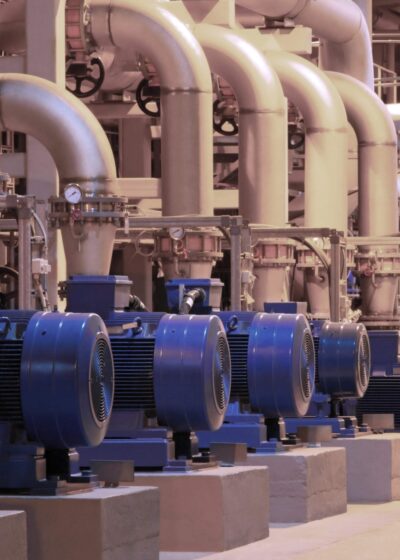
Plastic Chemical Centrifugal Pumps
Need help specifying the right centrifugal pump? Contact our pump experts today!
10 products

- Max Flow Rate: 1250lpm
- Max Head: 38M
- Max Temperature: 95°C
- Max Viscosity: 500cP
- Solids: 9mm
- Size: 1" to 2"

- Max Flow Rate: 583lpm
- Max Head: 25M
- Max Temperature: 95°C
- Max Viscosity: 150cP
- Solids: 0mm
- Outlet Sizes: 1" to 2"

- Max Flow Rate: 216lpm
- Max Head: 14M
- Max Temperature: 90°C
- Max Viscosity: 200 cP
- Solids: 0mm

- Max Flow Rate: 2166lpm
- Max Head: 48M
- Max Temperature: 90°C
- Max Viscosity: 200 cP
- Solids: 0mm
- Size: 1” to 4”

- Max Flow Rate: 2166lpm
- Max Head: 48M
- Max Temperature: 90°C
- Maximum Viscosity: 200 cP
- Solids: 3mm
- Size: 1" to 4"

- Max Flow Rate: 2166lpm
- Max Head: 48M
- Max Temperature: 90°C
- Max Viscosity: 200 cP
- Solids: 0mm
- Inlet/Outlet Sizes: 1/2” to 4”

- Max Flow Rate: 2833lpm
- Max Head: 41M
- Max Temperature: 100°C
- Max Viscosity: 500cP
- Solids: 15mm
- Size: 1” to 3”

- Max Flow Rate: 700lpm
- Max Head: 32M
- Max Temperature: 50°C
- Max Viscosity: 2500cP
- Solids: 2mm

- Max Flow Rate: 750lpm
- Max Head: 35M
- Max Temperature: 100°C
- Max Viscosity: 150cP
- Solids: 2mm

- Max Flow Rate: 750lpm
- Max Head: 35M
- Max Temperature: 100°C
- Max Viscosity: 150cP
- Solids: 2mm
FAQs
A centrifugal pump transfers the kinetic energy of the motor to the liquid by a spinning impeller. As the impeller rotates, it draws in fluid causing increased velocity that moves the fluid to the discharge point.


